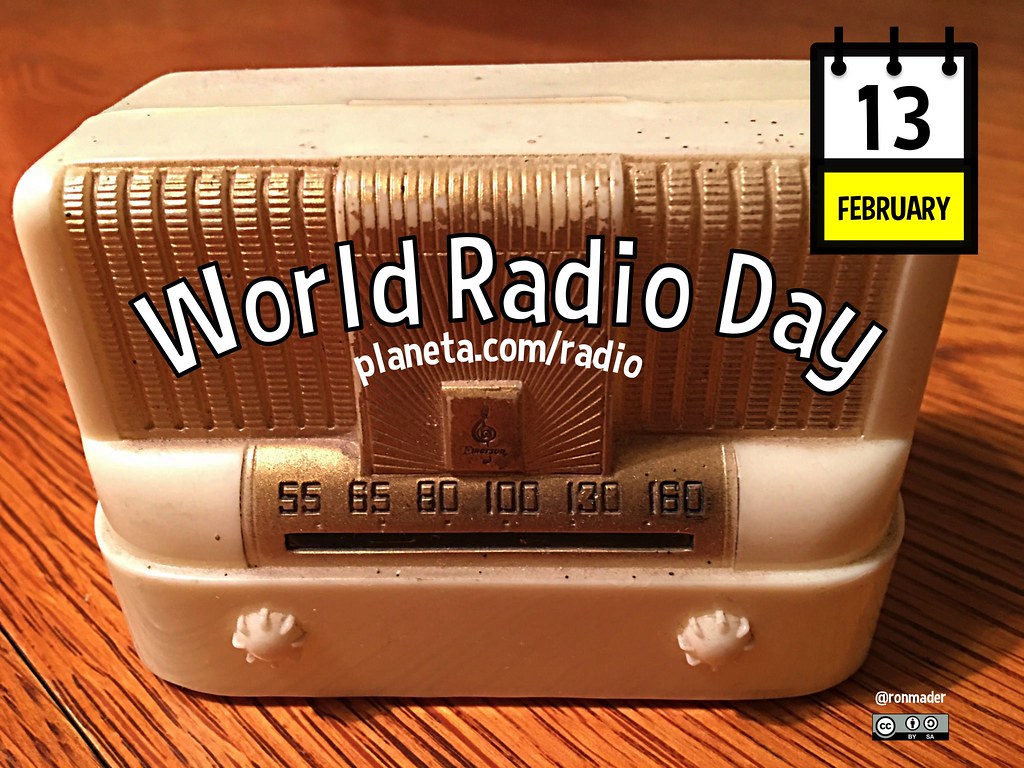By Ndlelantle Pinyana
Through my day-to-day interaction with rural communities in democratic South Africa, I have come to understand community media, radio in particular, as an important conveyor of developmental news to inform and empower society. As expressed in the Government Communicators’ Handbook, community radio is used as a medium for information to the community, usually using the local language. A viewpoint embraced by Maphiri (2012) when arguing that “one of the fundamentals of the community radio system is to ensure that it serves a particular community and members of such a community participate in the selection and provision of programmes for broadcast.” Immersed in the theoretical paradigm of “development communication”, the post-1994 democratic government communication system elevates community radio to be an essential tool for rural access and empowerment. Xiaoge (2009) defines development communication as a method of providing communities with information that enables them to use the information to improve their lives.
Thus, as part of democratising access and participation, community radio stations should serve as channels upon which empowering and developmental programmes are accessible to rural youths (Maphiri, 2012). Wasserman (2020) amplifies this viewpoint when he states that “community media, radio in particular, are seen to provide important opportunities for underserved sections of the public, such as those in small towns in rural areas.” Therefore, radio could become the lifeblood of any societal development as it is a popular form of communication, and without communication, no empowerment could ever take place (Swanepoel & De Beer, 1996). Both Teer-Tomaselli (2005) and Mawokomayi (2017) agree when affirming that radio remains the leading mass communication medium in terms of listenership in South Africa. Therefore, it could play a vital role in the development of communities.
At the centre of mainstreaming South Africa’s media development and diversity, MDDA came into existence in 2003. Born to redress the ‘news deserts’ that the apartheid system had created, the Media Development and Diversity Agency (MDDA) is a development agency responsible for providing a voice to those who had no voice in pre-1994 South Africa. The “news-deserts” phenomenon refers to communities that lack robust sources of local news and information and, therefore starved of developmental information (Gutsche & Brennen, 2021). With the post-1994 formalisation and institutionalisation of the three-tier broadcasting system in South Africa through the new Broadcasting Act, the central role of community radio stations became that of informing, educating, entertaining, empowering, and enhancing access. Besides community radio being one of the pillars of post 1994 three-tier broadcasting system, South Africa also has public and commercial broadcasting systems (Fourie, 2007). Both systems provide community broadcasting systems with the stiffest of competitions at both revenue generation and operational levels. Community radio’s advantage is strong normative overtones as a voice of historically marginalised, rooted and accessible communities (Teer-Tomaselli, 2005).
Last year, 2023, the MDDA celebrated 20 years of providing grant funding to South Africans from previously disadvantaged communities to start their radio, TV stations or newspapers. To commemorate this significant milestone, MDDA embarked on nationwide roadshows to provide access and opportunity to those needing to establish community-based mass media outlets. It came effortlessly that these celebratory roadshows had to start in the Eastern Cape as the Province boasts a well-spread community radio infrastructure currently standing at 22, with 16 on air whilst 06 is off air (Sentech, 2023).
More than a decade ago, the National Planning Commission (2012) stated that South Africa needs an economically active population activated to make meaningful contributions towards decreasing poverty rates. Community radio stations in rural communities could serve as platforms for such activations, thus minimising persistent community protests that have engulfed South Africa and Eastern Cape regularly for a decade now (Matebesi & Botes, 2017). Matebesi and Botes (2017) argue that the rise in community protests could indicate how formalised channels for citizen engagement between the state and society have failed, particularly in addressing youth empowerment issues and socio-economic hardships.
Through a carefully crafted programming strategy, community radio stations could be the missing glue in actively sustaining the engagement between the state and society. Thus, community radio stations represent a key element in the empowerment, development, and consolidation of local communities (Gaynor & O’Brien, 2011). Though there is much to celebrate on this World Radio Day, the following key questions should be a centre of focus in MDDA’s new path for the next 20 years:
- How do we prevent community radio programming and inherent programmes from being a poor imitation of mainstream media in their news content-gathering processes and practices (Bosch, 2017)?
- How do we bring about robust monitoring instruments that focus community radio programmes to be more aligned and responsive to societal economic development information needs?
- How do we reimagine a more participatory and people-inclusive approach to community radio programming?
- As many stations are diminishing due to financial viability, what financial sustainability model does the democratic government bring about for the community media system, particularly broadcasting, in the next 20 years?
- What policy considerations are in place to prepare community radio stations of tomorrow to embrace the digital public communication culture in postmodern society?
The questions outlined above should be answered as part of a critical review assessment by community media practitioners and journalism scholars on how effective community radio programmes have been in the first half of the 21st century.
Ndlelantle Pinyana (MA) is a scholar at Stellenbosch University and writes in his personal capacity.


